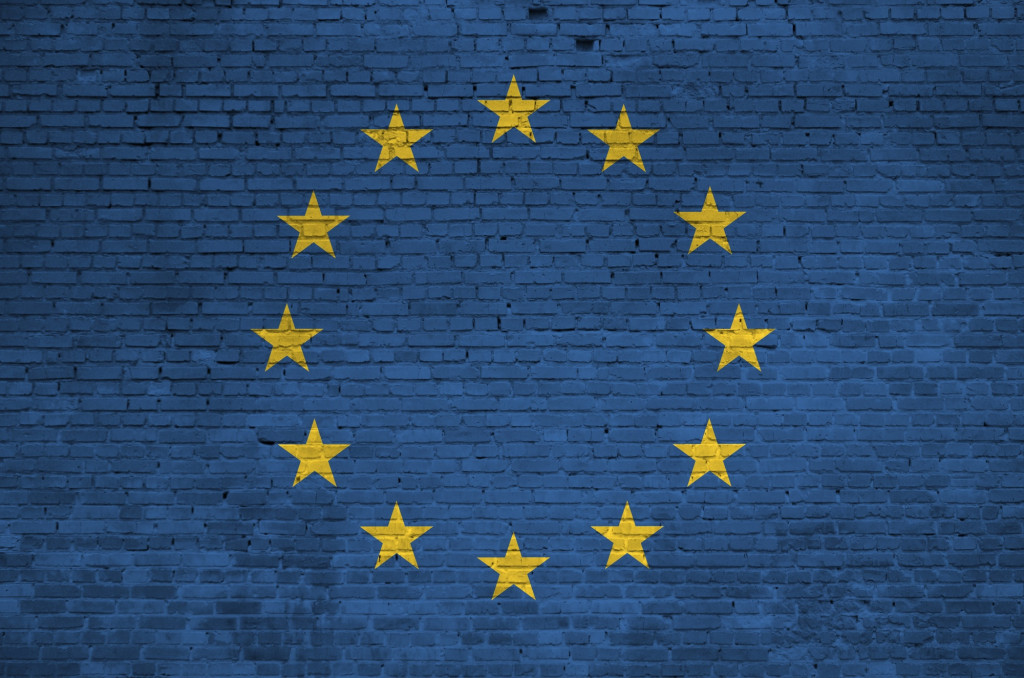EU seeks public input to shape upcoming Quantum Act
The law will build on existing EU initiatives, including the Quantum Europe Strategy, the Chips Act, and the EuroHPC high-performance computing programme. It is also linked to the EU’s work on secure quantum communication infrastructure through projects like EuroQCI.

The European Commission has opened a call for evidence to guide the development of the EU Quantum Act — a future law intended to support Europe’s position in quantum technologies. The consultation is open until 26 November 2025 through the Commission’s ‘Have your Say’ platform.
What the Quantum Act aims to do
The Act, expected in 2026, will set out a long-term approach for quantum technologies in the EU. Quantum technologies use principles of quantum physics to process information in ways that classical computers cannot. They are seen as important for fields such as cybersecurity, medical research, advanced materials, and complex simulations.
The proposal has three core goals:
- strengthen research and innovation in quantum science
- scale up industrial capacity, including pilot manufacturing lines and design facilities
- improve supply-chain resilience and governance for this strategically sensitive and dual-use technology (meaning technology that can serve both civilian and defence purposes)
The law will build on existing EU initiatives, including the Quantum Europe Strategy, the Chips Act, and the EuroHPC high-performance computing programme. It is also linked to the EU’s work on secure quantum communication infrastructure through projects like EuroQCI.
Who is invited to contribute
The Commission is seeking input from a broad range of stakeholders, including:
- national governments and EU agencies
- operators of European HPC and quantum communication infrastructure
- companies of all sizes, including start-ups and SMEs
- universities and research institutes
- standardisation organisations and experts in cybersecurity, defence, and quantum science
Why it matters
Quantum technologies are still in the early stages of development, but governments worldwide are racing to establish leadership. The EU’s approach aims to secure scientific talent, build domestic industry, and reduce reliance on foreign suppliers. Once adopted, the Quantum Act would help coordinate investment and research across Europe.
Next steps
After the consultation closes, the Commission will review contributions and use them to inform the drafting of the final legislative proposal. Adoption of the Quantum Act is scheduled for 2026.


